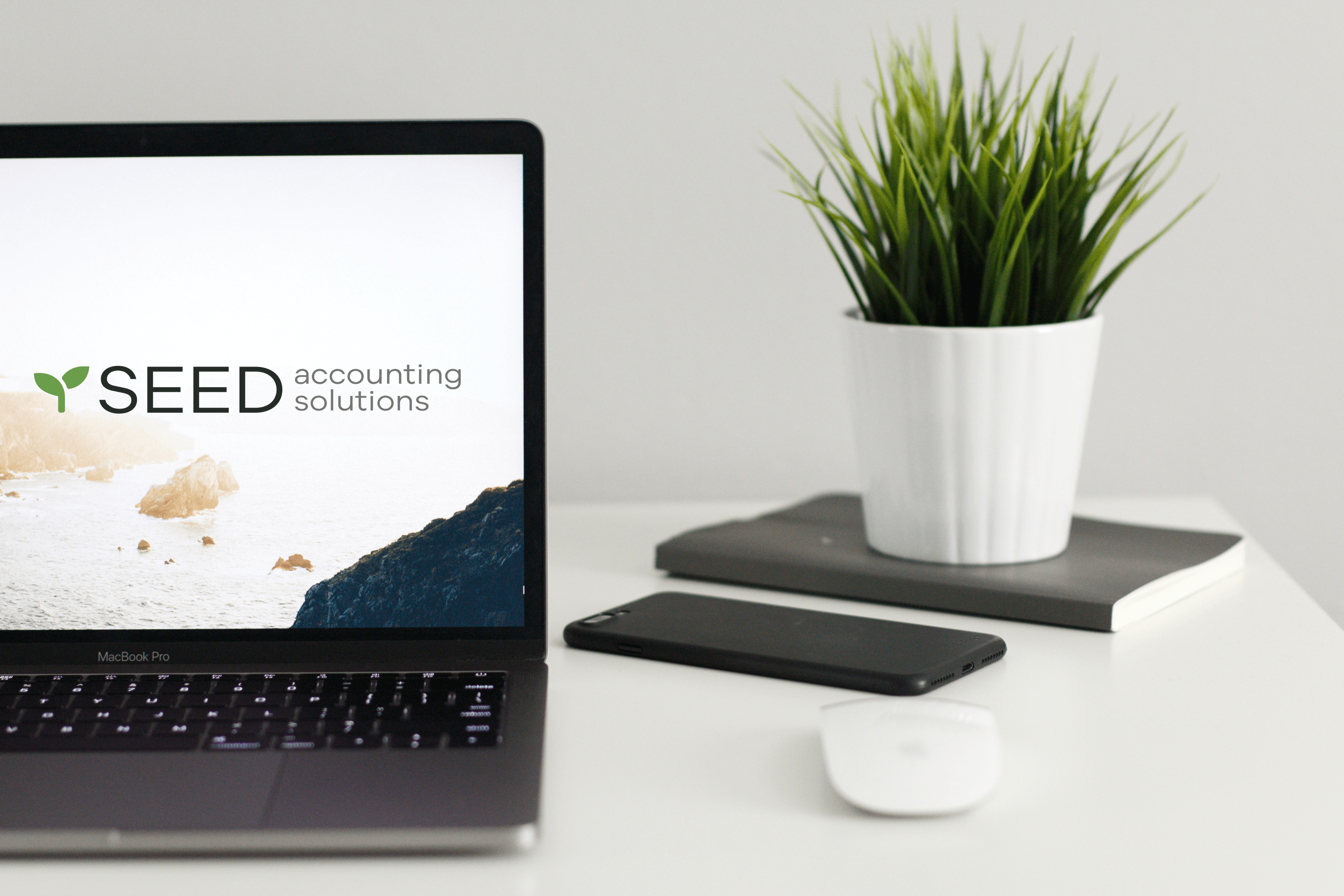
What Accountants and Seed Accounting Solutions can do for you.
14th May 2020
An interview with Tamsyn, Director and Founder of Seed Accounting Solutions
25th May 2020(Updated for the 23/24 tax year)
There are three areas that need to be considered when it comes to company cars, and the tax implications that arise with them.
These are:
-
VAT impact
-
Personal tax consequences
-
Company tax consequences
VAT
Company leases a car: You can reclaim 50% of the VAT back on the monthly lease payments. You can also claim 100% VAT back on any repairs made to the car, and any service plans that are invoiced separately to the lease agreement.
Company purchases a car outright: The company will be blocked for any VAT recovery at all, as you will have the car available to you for personal use too.
Fuel: VAT recovery on fuel costs are the same whether the car is purchased outright or leased. How the VAT is recovered depends on whether the company or the individual (yourself) pays for the fuel throughout the year.
Personal Tax
If you have access to the company car on a personal basis, you will incur a P11D benefit in kind (BIK). The benefit will be calculated in the same way regardless of whether the car is leased or purchased outright. The amount of the benefit will be dependent on the initial list price of the car (the cost of it new, regardless of how old it actually is), multiplied by the car emissions percentage. Therefore the BIK can vary greatly depending on which car you purchase. You can use the Government Company Car and Car Fuel Benefit Calculator to assess how much you might have to pay. There is also a list of the current Benefit in Kind rates on the government website.
Note: For the 23-24 tax year, and the 24-25 tax year, the Benefit in Kind rate for an electric company car is 2%
As an example, if you were to purchase a new Golf for £20k, which had CO2 emissions of 110 g/km, the 2023-2024 benefit in kind value would be £30,000 x 27% = £8,100. You would be taxed on this as if you were receiving cash of the equivalent value. This means you will pay tax and NI on it, and the company will also pay employer NI, all at the normal rates. The lower the car emissions, the lower the BIK will be.
If the company also paid for your fuel costs, you would be deemed to have received another BIK. This is calculated at a set rate of £27,800 x CO2 emission percentage. So, using the above CO2 rate, your BIK would be £27,800 x 27% = £7,506. HMRC have set the £27,800 figure for the 23-24 tax year, and it increases slightly each year. It has nothing to do with the cost of the car or its emissions. Again, the lower the cars emissions, the lower the BIK.
If you pay for the fuel personally, as opposed to the company paying, you can be reimbursed at a rate of between 10p to 26p per mile. The exact amount would be dependent on your car. You will not incur a BIK, or be taxed on this reimbursement.
Company Tax
When a company purchases the car outright, it will receive a capital allowance tax deduction of 18% or 6% of its written down value each year (dependent on the CO2 emissions). If a brand new 100% electric car is purchased with zero emissions, the full cost of the car will be tax deductible in the year of purchase. When the company leases a car, the tax deduction depends on the lease terms. If it is considered a finance lease, whereby the company owns the car at the end of the ease term, the tax deductions are as above capital allowances of 18% or 6% of its written down value each year. The lease payments are not tax deductible. If it is considered an operating lease where the company doesn’t own the car at the end of the lease term then the monthly lease costs are tax deductible, but no capital allowances are received.
There are various other intricacies to the above, but they are circumstance and car specific.
In summary, especially as a higher rate tax payer, the personal tax consequences of company cars are such that it is often not a beneficial option, regardless of whether the company purchases or leases the car. (Unless you purchase a fully electric car, in which case the benefit in kind is small, and the company tax deductions are very generous!)
If you have a car in mind, we can do all of the calculations for you and see if it a beneficial option for you. You may also want to check the latest government legislation. Get in touch with us if you would like to discuss company cars in more detail.




